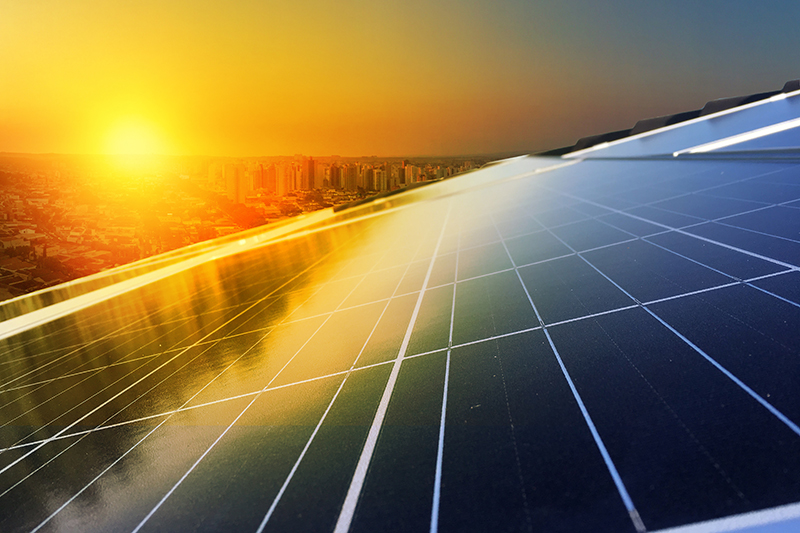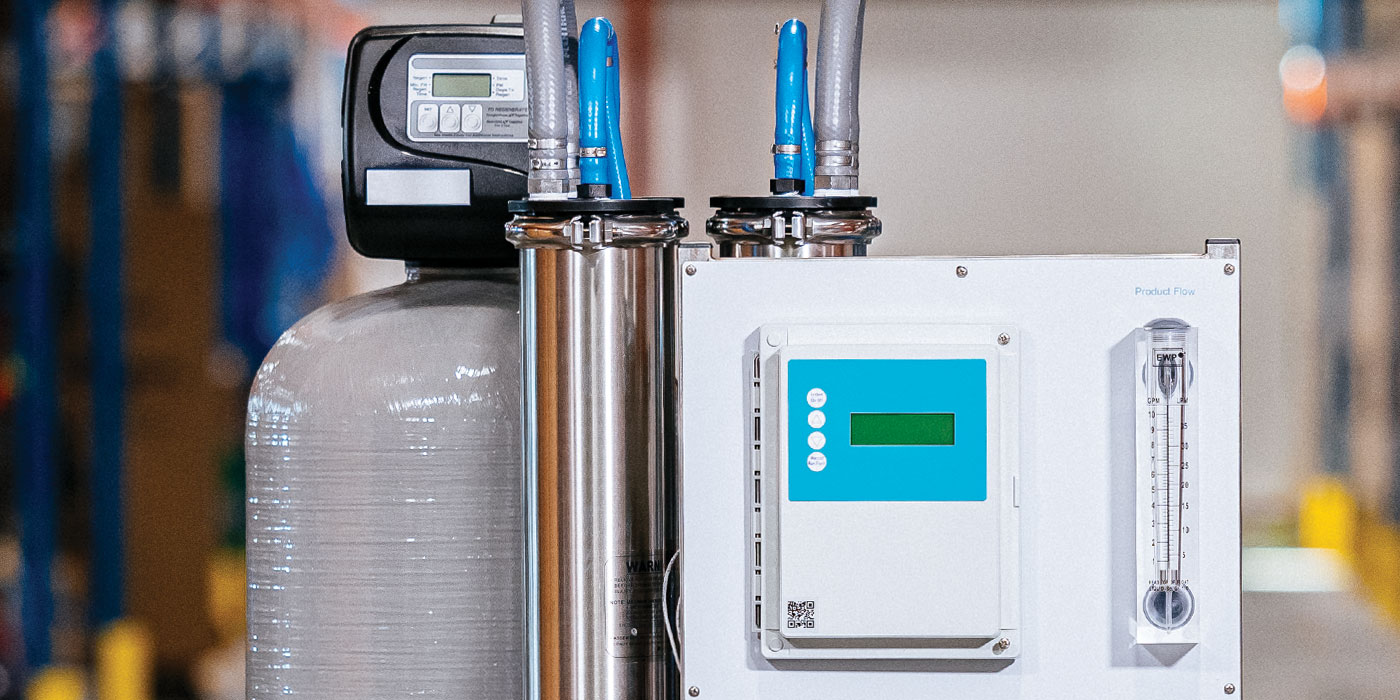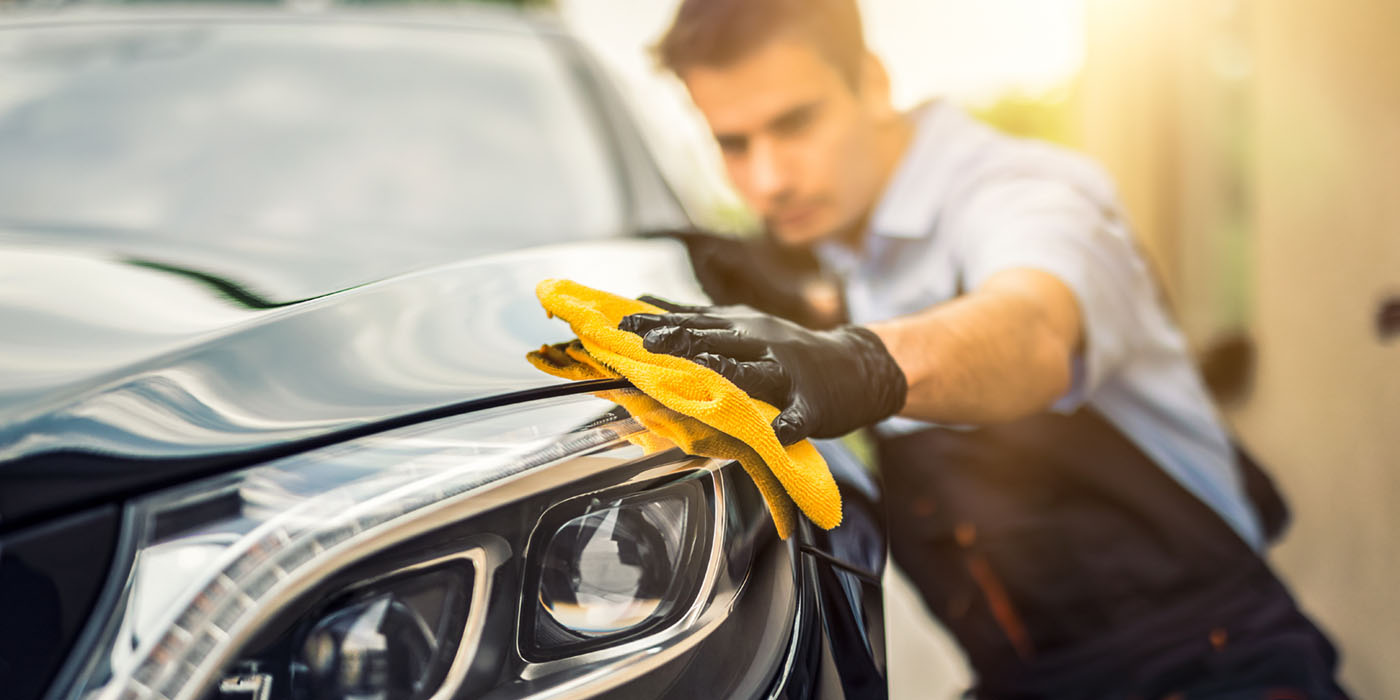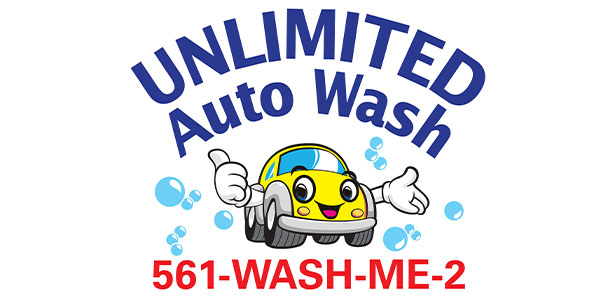Solar energy systems, more specifically photovoltaic (PV) systems, are rapidly becoming an affordable resource. Many wash owners and investors have been caught off guard by the sudden increase in affordability. In less than a decade, costs have been cut by more than 50 percent. The cost of an average rooftop system in 2005 was between $40,000 and $50,000, and in 2017 the average cost was under $20,000 — and falling. These falling costs, along with government rebates and tax credits, have made solar installation an affordable reality.
As you are calculating how much your wash operations could save by utilizing the sun’s power, there are also some important considerations to contemplate. For the purpose of this article, I will focus on the loss control and insurance considerations.
Solar power delivers great benefits, but it also carries some risk, the full extent of which has yet to be discovered in this growing field. Whether your wash is considering installing a solar panel array, leasing space to a contractor installing an array for another customer or already has an array, it’s important to consider the risks that these systems represent and learn what can be done to mitigate, minimize or transfer that risk to an insurance carrier.
Risk factors
Installing a PV system onto the large, empty space of your wash’s roof seems logical enough. You’re turning unused space into an energy-generating asset, one that will pay off for years to come. But, hold onto those reins for just a second or two — there are serious, though not unmanageable, risks that may come into play. Insurance carriers have identified the top five risk exposures for roof-mounted PV systems, and they are as follows.
The electrical “blind spot”
One of the greatest concerns in these installations is the “blind spot.” Here, a ground fault to the grounded current-carrying conductor occurs undetected, resulting in a second ground fault in the panel array, which the ground fault detector interrupter (GFDI) cannot de-energize. These situations have resulted in serious electrical shock and fire.
Roof loading
Every roof is designed and built to accommodate a predetermined “dead load,” such as an air-conditioning unit. Adding an array of heavy solar panels would not have been accounted for in most existing carwash buildings, resulting in structural degradation and eventual collapse.
Severe weather
The weight of snow on a roof can add to the danger presented by the weight of the PV system. Additionally, hail and ice can cause significant damage to solar panels by damaging their protective coatings, thereby exposing live electrical components and resulting in failure and fire hazards.
Related: Weather’s impact on carwashing
Wind
The addition of solar panels on a roof increases the roof’s surface area, which in turn exponentially increases that building’s exposure to wind damage. In windy conditions, the space below the panels can cause pressurization that can also damage the roof.
Fire hazards
PV systems can not only be the cause of fires, but they can also make it extremely difficult for firefighters to put out fires. In a roof fire, heat can get trapped between the panels and the roof surface, allowing the fire to spread rapidly, since it is protected by the panels. Not only will the roof suffer extensive damage, but its fire classification rating may also be compromised.
Insurance concerns
As is the case with almost every aspect of your wash operations, some consideration ahead of your planning can prevent some serious headaches later. Working with your agent/broker throughout the installation process should ensure that your carrier becomes comfortable with the project. The following steps will help ease the concerns that the insurance carrier’s underwriting department may have:
- Work with your existing agent to identify the specific concerns of your current insurance carrier. Some carriers will not offer renewal and possibly cancel coverage upon learning of roof-mounted PV systems.
- Consider installing in a location other than your roof, such as a parking lot or nearby land parcel.
- Work with the local fire department for advice and to familiarize them with your operation and your specific PV system.
- Create and maintain clear exits and pathways on the roof for maintenance and firefighting personnel. Panels must be installed in a manner that allows access to all parts of your roof.
- Hire a structural engineer to evaluate the integrity of your roof to ensure it can tolerate the weight of your PV system. Consider the age of your roof. Most roofs are designed to last 20 years. If your roof is 15 years old, don’t install a system that will have to be removed in the next five years.
- Only contract with an electrician who is highly skilled in PV systems wiring/installation.
- If you’re in an area subject to hail and extreme weather, ensure that your system has been tested and approved for such conditions.
It is critical that your insurance broker/agent be familiar with the requirements of your carrier to ensure proper coverage of your PV system. Generally, if your system is to be located on the roof of your building, it will, for insurance purposes, be considered part of that building. This means that you will need to increase the limit of your building coverage to include the full value of your system. Failure to do so may result in a large “co-insurance” penalty in the event of a claim.
Questions to expect from your agent
Most carriers will agree to insure systems that are installed properly (on roofs inspected and approved), maintained regularly and properly rated for your use. Make sure to ask your agent/broker if there will be a separate deductible for claims related to your PV system.
Before beginning your project, ask your agent for a copy of the application used for solar-powered systems. The questions on that application will help guide you as to what the carrier’s expectations are. The following are some sample questions from actual carrier questionnaires:
- Is the system separated from the utility power grid?
- Who installed the system?
- Was all wiring inspected by a licensed contractor?
- How often are panels cleaned?
- Is there a separate circuit breaker for the solar-powered system?
Thank you for your efforts to “go green,” and remember that some advance planning will help make your current insurance provider an ally in this process instead of an opponent.
Dan Tharp, CIC (Certified Insurance Counselor), RWCS (Registered Worker’s Compensation Specialist) is property/casualty insurance licensed in all states (except Alaska & Hawaii) and is the vice president of sales for The Insurancenter and the director of the Car Wash Division. Dan has been assisting business owners protect their operations, customers and employees for over 30 years. For questions regarding this article or any other insurance matter, he can be reached at [email protected] or by calling (800) 444-8675.













